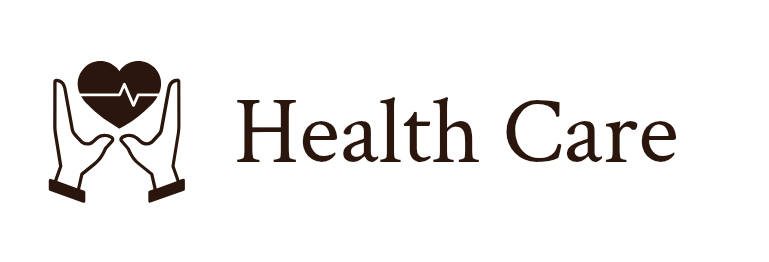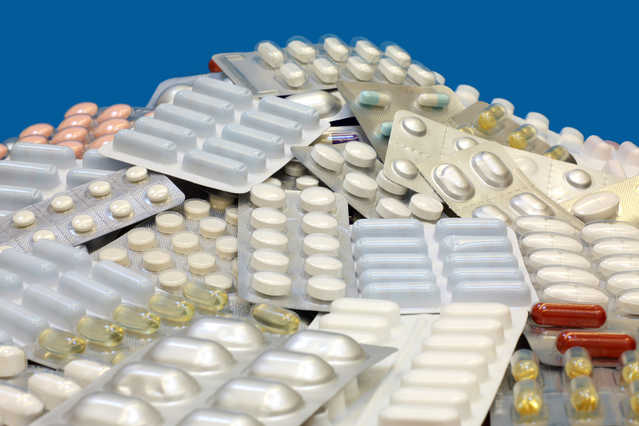Contents
- 1 Govt Bans 14 Fixed-Dose Combination Drugs: What You Need to Know
- 2 Introduction
- 3 Overview of Fixed-Dose Combination Drugs
- 4 Reasons for Govt Banning 14 Fixed-Dose Combination Drugs
- 5 What are the Implications of the Ban?
- 6 Alternatives for People Taking Banned Drugs
- 7 How to Stay Updated on Drug Regulations?
- 8 Conclusion
Govt Bans 14 Fixed-Dose Combination Drugs: What You Need to Know
Govt Bans 14 Fixed-Dose Combination Drugs: What You Need to Know:- he recent ban on 14 fixed-dose combination drugs by the Indian government has created quite a stir in the pharmaceutical industry. While some have welcomed this move, others are skeptical about its impact on healthcare accessibility. But what does this decision really mean for patients and doctors alike? In this blog post, we’ll dive into the details of the ban and explore what you need to know to stay informed about your health choices. So buckle up and let’s get started!
Introduction
The government has banned the use of fixed-dose combination drugs, which are two or more drugs combined into a single dosage form. This decision was taken in order to prevent the misuse of these drugs and to protect public health. The ban will come into effect from 1st July, 2018.
Fixed-dose combination drugs are usually used for the treatment of chronic diseases like hypertension, diabetes and tuberculosis. They are also sometimes used for the treatment of acute conditions like infections. These drugs are generally safe when used as directed by a doctor. However, they can be misused and this can lead to serious health problems.
The government has issued a notification banning the use of fixed-dose combination drugs. This means that from 1st July, 2018, these drugs will not be available for sale in India. Doctors will not be able to prescribe them and pharmacies will not be able to dispense them. Patients who are currently taking these drugs will need to switch to alternative treatments before 1st July, 2018.
Many experts has welcomed the government’s decision to ban 14 fixed-dose combination drugs. They say that these drugs are often misused and this can lead to serious health problems. The ban will help to protect public health and ensure that these drugs are only used when they are necessary.
Overview of Fixed-Dose Combination Drugs
The Indian government has banned the manufacture and sale of fixed-dose combination (FDC) drugs. This move comes after a recommendation from the country’s drug advisory body, which cited concerns about the safety and efficacy of these products.
Ban 14 fixed-dose (FDC) drugs are those that combine two or more active pharmaceutical ingredients (APIs) in a single dosage form. They are commonly used to treat multiple conditions with a single pill, which can be more convenient for patients than taking multiple separate medications.
However, there are also some potential risks associated with Ban 14 fixed- Dose (FDCs). Because they contain multiple APIs, they may interact with each other in unexpected ways, which could lead to adverse effects. Additionally, it can be difficult to determine the appropriate dose of each API when using an FDC product, which could also lead to problems.
The ban on 14 fixed-dose (FDCs) will likely have a significant impact on the Indian pharmaceutical market. Many popular medicines, such as cold and flu remedies, painkillers, and antacids, are available as FDCs in other countries but will now need to be reformulated as separate products in India. This could lead to shortages of some medicines and higher prices for others.
Reasons for Govt Banning 14 Fixed-Dose Combination Drugs
The government of India has recently banned the production and sale of 14 fixed-dose combination drugs. This move comes after the country’s drug regulator, the Central Drugs Standard Control Organization, found that these products were being sold without approval from the government.
14 Fixed-dose combination drugs are those that contain two or more active ingredients in a fixed ratio. They are commonly used to treat multiple conditions with a single pill. However, they can also pose serious health risks if not used properly.
The 14 fixed-dose drugs that have been banned by the Indian government include combinations of antibiotics, painkillers, and other drugs. Some of these products were found to be ineffective, while others were found to cause serious side effects.
The ban on these 14 fixed-dose drugs is a major step towards protecting public health in India. It is important to note that this ban does not mean that all fixed-dose combination drugs are unsafe; They included only those that have been specifically identified by the government as being dangerous in this ban.
What are the Implications of the Ban?
India’s decision to ban fixed-dose combination (FDC) drugs could have far-reaching implications for both patients and the pharmaceutical industry. FDC drugs are commonly used to treat a variety of conditions, such as infections, hypertension, and diabetes. They are also more affordable than their single-ingredient counterparts.
The ban could lead to a shortage of certain FDC drugs, as well as increased costs for patients who need them. In addition, the ban could have a negative impact on the Indian pharmaceutical industry, which is a major manufacturer of FDC drugs.
The implications of the ban are still unclear, but it is important to be aware of the potential consequences. Patients who rely on FDC drugs should talk to their doctors about alternative treatment options in case of a shortage.
Alternatives for People Taking Banned Drugs
If you’re taking any of the fixed-dose combination drugs that have been banned by the Indian government, don’t worry – there are plenty of alternative options available. Here are a few things to keep in mind when choosing an alternative:
Make sure the active ingredients in the new drug are similar to those in the banned drug. This will help ensure that the new drug is just as effective as the old one.
Check with your doctor or pharmacist to make sure the new drug is safe for you to take. Some drugs may not be suitable for people with certain medical conditions.
Be sure to follow all directions on the new drug’s packaging. This will help you avoid any potential side effects and ensure that you’re taking the drug correctly.
How to Stay Updated on Drug Regulations?
The Indian government has banned the manufacture, sale, and distribution of over 300 fixed-dose combination (FDC) drugs. The ban was announced on March 10, 2016, and will go into effect on April 11, 2016.
This move is a response to growing concerns about the safety and efficacy of FDCs. These drugs are often used for conditions that can be treated with safer and more effective alternatives.
So what does this mean for you? If you’re taking an FDC drug, you should talk to your doctor about alternative treatment options. You may also want to stay up-to-date on drug regulations in your country or region.
Conclusion
The government’s decision to ban 14 fixed-dose combination drugs will help protect consumers from potential harm and ensure that the medicines prescribed are safe, effective, and of high quality. It is important for healthcare professionals to be aware of the changes in order to advise patients appropriately. Consumers should also note these changes so they can continue taking their medications safely. As more information about the impacts of this decision becomes available, we will keep you updated with all the relevant news.

